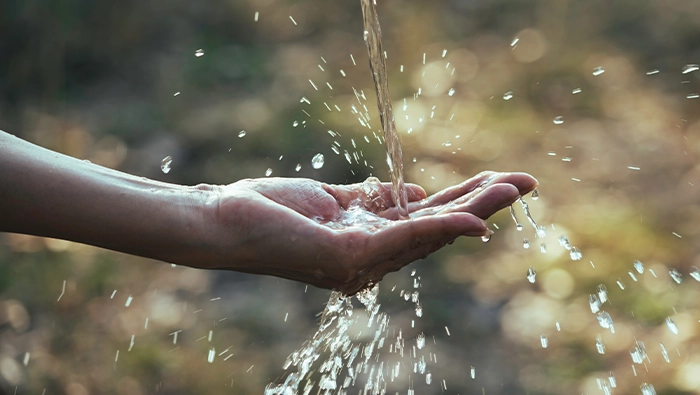In its first year, the club has changed the lives of hundreds through access to clean water.
By Tony Knoderer
In its first year of existence, the Kiwanis Club of Pakistan has already made a major impact. The club recently completed a water project in a village in Sindh — transforming the lives of local residents, who previously traveled up to 20 kilometers (about 12.43 miles) for access to clean water.
“We have been able to provide a sustainable water source within the village,” says Peter Johnson, club president. “This project not only alleviates the daily struggles of the villagers but also brings newfound hope and happiness to their lives.”
Johnson answered a few questions via email regarding the club and the project.
Your club is new — did it start so you could do this project?
Our club was not specifically started for this project. However, the need for clean water in the Sindh village became one of our primary initiatives after hearing about the villagers’ plight. The dedication of our members and their desire to make a tangible difference inspired us to take on this vital project.
What inspired your members to form a club?
The Kiwanis Club of Pakistan was formed by a group of individuals who share a common vision of serving communities and improving lives. Our members are driven by a passion for humanitarian work and the belief that collective efforts can bring about meaningful change.
How did you learn about the need for your project?
Our club became aware of the need for clean water in this village through our outreach programs and interactions with the local community. The villagers expressed their struggles and the immense challenge of traveling long distances to access water, which highlighted the urgent need for this project.
How did you work with the village to provide the water?
We collaborated closely with the village leaders and residents to understand their specific needs and the best locations for the water pumps. This cooperation ensured that the installation process was smooth and that the water sources were accessible to all villagers.
Do you know how many people this project helps?
The installation of the water pumps has significantly impacted the entire village. Hundreds of residents, including children and the elderly, now have access to clean drinking water, which is crucial for their health and well-being.
“The joy and gratitude of the villagers,” Johnson adds, “is a testament to the power of community and collective effort. We believe that this success story can serve as a model for similar initiatives in other parts of the world. We are eager to share our experience and collaborate with global leaders and organizations to address such fundamental needs.”

